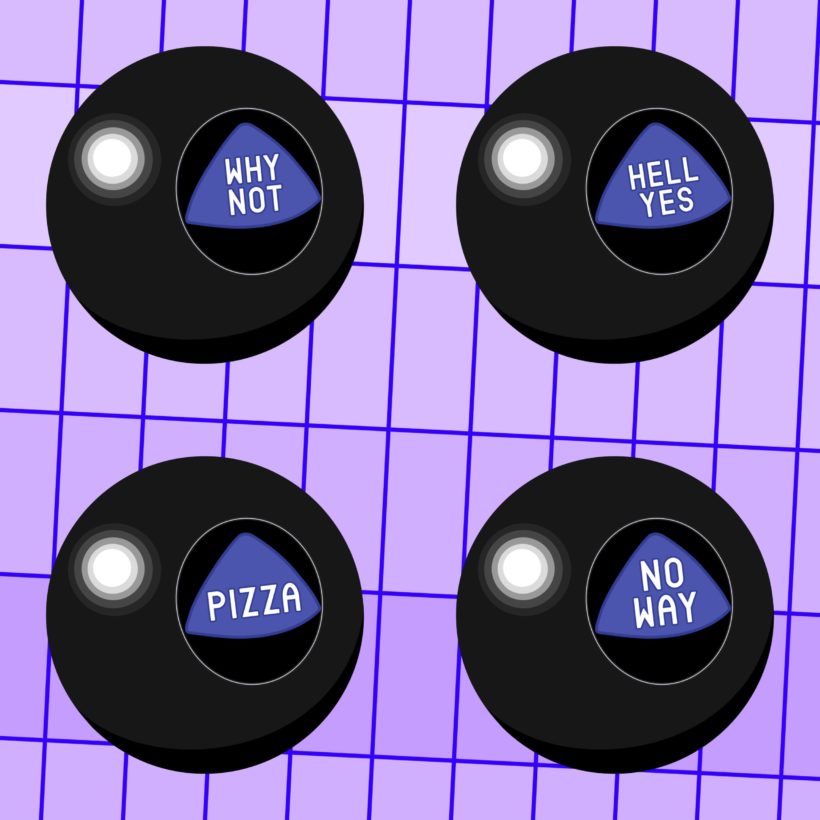Even when you get the recommended 7-9 hours of sleep at night, do you still feel exhausted? As we head into year three of the pandemic, you’re not the only one feeling like you’re barely staying above water.
Our minds have been pushed for an extended period throughout the pandemic to continue finding both energy and rest. The added pressures of maintaining productivity can cause people to freeze up and get stuck, says Natalie Underdown, Ph.D., executive coach, and organizational psychologist.

While we’d all love to have a few months to nap and regroup, most of us can’t take a sabbatical to recover. To still meet our deadlines and fulfill our responsibilities, it’s vital to find ways to seek inspiration and motivation. Here is a guide on how to do just that:
Prioritize self-care.
You’ve heard this advice before, but do you really listen to it? Sadly, most of us deprioritize ourselves on our long list of to-do items since it can sometimes feel selfish to say ‘no,’ says Jenna Miller, career expert and creative director of Here Comes the Guide. However, the truth is that you need to feel your best to tackle everything you need to accomplish effectively.
Self-care doesn’t have to mean an expensive spa weekend once every six months. The goal is to look for consistent rituals and activities that fill you with joy and allow you to release stress. “Whether it’s journaling, meditation, walking your dog, or taking a nightly bubble bath, find the things that naturally recharge you and leave you feeling like the best, most productive version of yourself,” Miller adds.
Get up and take breaks.
Think about the last time you got up out of your office chair (or, let’s be honest: the couch) to stretch your legs, drink water, or release a big ‘ole exhale? If you’re like most people, it’s been a while. However, this simple shift in your schedule can make a huge difference in your outlook and output, Underdown says. A few times a day, block out five to 15 minutes to move your body.
“Reset your mind and give yourself a break by stretching, doing some jumping jacks, or trying a qigong exercise to promote circulation and offset all of that sitting in front of your computer,” Underdown says. “While it may feel counterintuitive to take a break to be productive, you’d be surprised how refreshed you’ll come back to your next task. And you’ll notice small moments of rest can make a major difference in your overall productivity and energy levels throughout the day.”
Write out your daily top three.
Though you may have about a million tasks to complete, if you set out to achieve everything in a single day, you’ll feel defeated. Instead, it’s better to choose three daily items you know you can accomplish. This will boost your confidence and push you to keep going the next day (and the next). Miller says it can be beneficial to go old school and write these three must-do’s down so you can physically check them off — another power move. “These are your top priorities, and if you get nothing else done, you will still feel productive because those most mission-critical to-dos got checked off your list,” she continues. “Once you’ve worked through those items, you can move on to the lower-priority tasks — or simply give yourself permission to log off for the day.”

Try creating an afternoon ritual for yourself — sans caffeine!
If the only thing getting you through your sixth meeting of the day is your 3 p.m. coffee run, you might raise an eyebrow at the idea of skipping the java. However, sadly, caffeine in the afternoon can wreak havoc on your sleep schedule, Underdown warns. So you might get a boost of productivity in the afternoon, but the following day, you’ll be slowly trudging to your computer after a not-so-great night’s sleep.
As an alternative, come up with another routine that will serve as a pick-me-up with a different beverage or activity. “Creating an afternoon ritual that you repeat daily can help provide those extra bursts of energy you’re finding you need around the same time each day. Slowly, your mind and body will adapt to prepare for it,” Underdown continues. “Similarly to how you might wake up each morning already reaching for your first cup of coffee out of habit, you’ll find that you’ll start to perk up and feel a boost in your productivity just when you need it each day if you’ve set a system in place to get you back on track.”

Try to optimize your productivity for your personality type.
Being an introvert or an extrovert is focused on where you derive your energy. Knowing this about yourself can help you optimize your productivity based on when, where, and how you get your work done, Underdown explains. Here, she provides a breakdown:
Extroverts:
You get energy from being outside of yourself, and you need to discuss your ideas with others. So if you’re feeling unproductive, a brainstorming session would be beneficial.
Introverts:
You get your best ideas and feel your best when you have time to go within. So rather than being around colleagues, you need to structure your day to have alone time. A good strategy could be meetings in the morning, then an afternoon free to think and refocus.
Have your future self’s back.
You may be the best friend, partner, and employee ever, but do you show the same care, concern, and patience for yourself? Rather than blowing off deadlines today that you’ll need to make up for tomorrow, set future you up for success. To do this, clean up your workspace, run the dishwasher before bed, and get the coffee maker cued up. These little acts may not seem significant, but they make your routine a no-brainer. “If you can set yourself up for a running start in the morning, you can be your most productive self without roadblocks or distractions,” Miller says. “So figure out those simple tasks that will make things easier on you the next day — and commit to doing them!”







